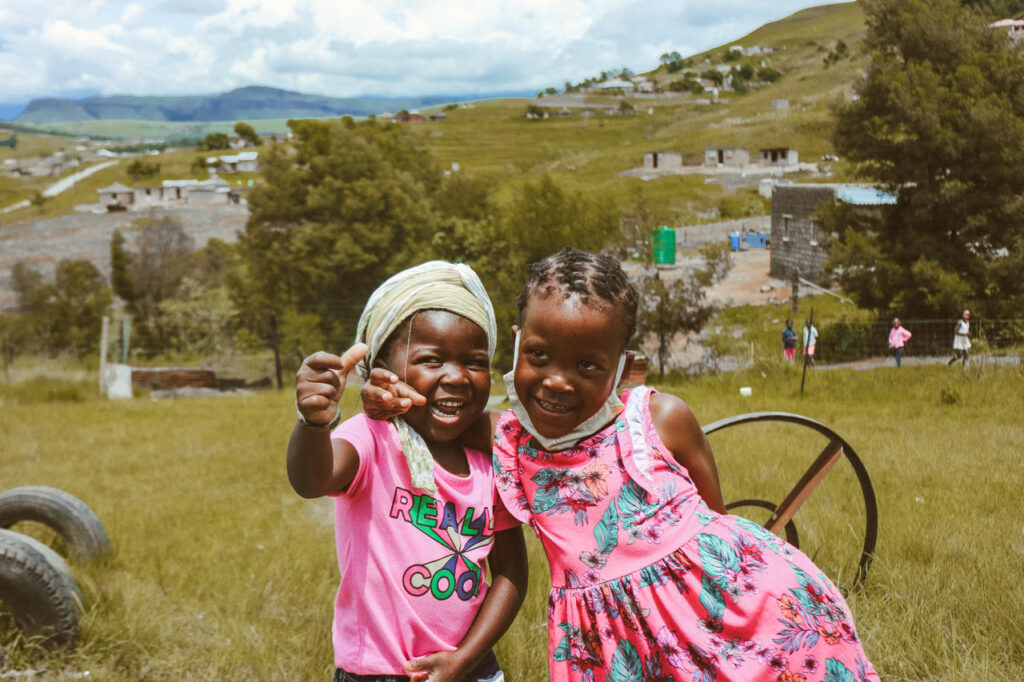A shocking 3.7 million South African adults are illiterate. This is all the more concerning seeing that literacy is a powerful weapon in the fight against unemployment and poverty which currently affect 33,9% and 55.5% of the country’s population.
International Literacy Day, celebrated annually on the 8th of September, serves as a reminder that literacy is a human right and the foundation of all learning. This year’s theme of Transforming Literacy Learning Spaces is an urgent call to rethink the fundamental importance of literacy learning spaces in ensuring quality, equitable, and inclusive education for all.
Santa Shoebox Legacy Project Manager, Samantha Massey says that early childhood care and education, as well as the development of literacy learning environments, are among the approaches taken by the United Nations to promote literacy worldwide “Early Childhood Development (ECD) centres in particular are crucial for the futures of our children and our country. Not only do they prepare children for school, but these kids also complete more years of education. A more educated population, in turn, means better outcomes in terms of health, sociability, economic productivity and reduced crime.”
However, she points out that many ECD centres in South Africa are not conducive environments for learning, as 48% of teachers don’t have a relevant qualification, 44% of centres do not have access to age-appropriate books and 45% don’t have running water. “While the Government is working to rectify these and other issues, the private sector has had to step in to speed up the process through the provision of basic infrastructure such as classrooms and toilets; training of educators; and establishment of reading hubs in ECD centres to encourage children and teachers to engage with and read books. But far more needs to be done if we are to bring down illiteracy levels.”
The Santa Shoebox Legacy Fund works to permanently uplift the lives of disadvantaged children by transforming ECD centres in rural and underprivileged communities throughout SA. “The only way that we can do this, however, is through donations from individuals and corporates,” shares Massey.
If you would like to interview Samantha, she is available to discuss:
- The worrying state of South Africa’s illiteracy rate and the importance of improving literacy from a young age;
- The importance of transforming literacy learning spaces to ensure safe, inclusive and resilient education for all; and
- Why there is a dire need for assistance from the private sector to help improve ECD programmes in underserved communities.


